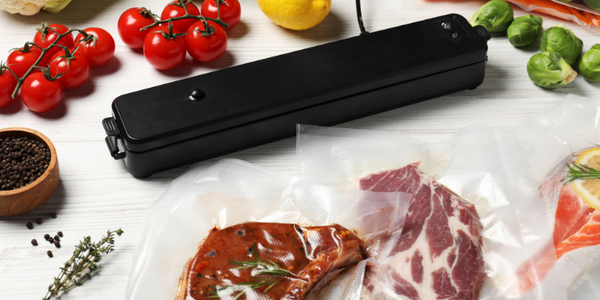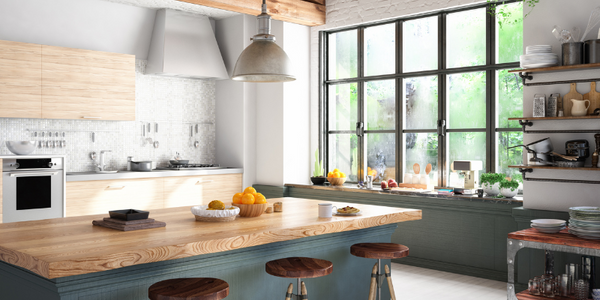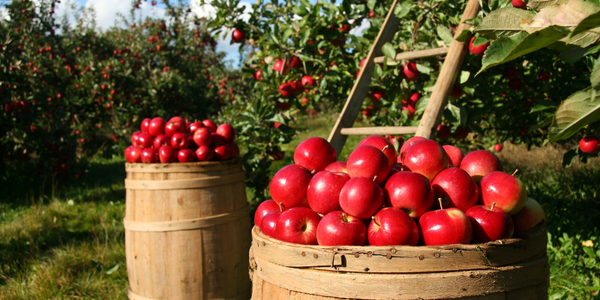Posted on July 01 2020

Camping is an inexpensive way to get away from the hustle-and-bustle of our everyday lives. There's nothing more fun than getting lost in the ambient beauty of nature. But camping isn't as easy as going outside with a tent and a few supplies. Unexpected things can happen. A lot of preparation is needed to guarantee a hassle-free camping experience, including doubling up on supplies and reviewing standard safety precautions. Featured below are nine quick essential camping tips for beginner and intermediate-level campers.
Water purifiers are great
Remember to always bring at least a few gallons of drinkable water, even on short camping trips. However, a water purifier is always handy to have around. Water purifiers are portable alternatives to bringing with you ten extra gallons of water. In addition to this, water purifiers are excellent in emergency situations because they can essentially supply you with an unlimited supply of water if you have access to a nearby river or lake.
You can never have too much toilet paper, underwear and dry socks
Always pack an excess amount of underwear and dry socks even if you have no intention of doing activities where you can get dirty, like hiking or swimming. There are no dry cleaners in the great outdoors. Clothes can get wet through rain or by being misplaced. The simple comforts of a fresh pair of boxers or dry socks can be a godsend in miserable situations. Always bring extra rolls of toilet paper in case your stomach starts acting up. Nobody wants to improvise with leaves or twigs.
Assume that you'll never have enough firewood
Gather as much firewood as you can, but always assume that it isn't enough. It doesn't matter if you're camping alone or with other people, once it gets dark, people have the tendency of putting too much wood in an open flame. Remember to pile your firewood away from your fire.
Don't forget to put out your fires, extinguish the embers
For your own and the environment's safety remember to put out your fires. If you feel like sleeping or leaving your camp site, make an effort to at least cover the embers with soil, in addition to dousing the embers with water. Remember that a forest fire can start from even just a single ember exposed to anything from dry grass to leftover firewood.
Red headlamps are an excellent light source
When you're ready to retreat to your tent, you're going to need a light source. Flashlights and electrical lamps work fine, but red headlamps are probably your best choice. Hands-free headlamps are portable and convenient. Red headlamps specifically allow you to preserve your night vision, in contrast to using standard white or yellow light. Preserving your night vision makes it easier to navigate the dark, allowing you to not be completely blind when you decide to turn off your headlamp.
Camping beside streams and rivers makes it easier to sleep
If you're planning to sleep through the night, camp beside sources of ambient noise like streams or rivers. Forests tend to be noisy once the sun goes down. Anything from squirrels, frogs or crickets can keep you up until dawn. Consistent noise like white noise or the sound of flowing water helps relax your mind, making it easier for you to fall asleep.
Get to your destination as early as possible
Make sure to arrive in your camping spot hours ahead before it gets dark. Even if you have experience camping, preparing a bonfire and setting up supplies isn't easy. Building a tent is also significantly more challenging in the dark or in low light conditions than it is during the day.
Don't forget to tell people where you're going
As evidenced by the movie 72 Hours, it's always a good idea to tell people where you're going. Accidents happen and people can get lost. Leaving a note in your truck or home, texting a loved one or informing park rangers where you're staying can go a long way to saving your life in case things get awry.
Assume that nothing is waterproof
When camping or hiking, remember that water and dirt can get into anywhere. Place boots, socks and anything else you want to keep dry in plastic bags. Bonus if you vacuum seal your extra items before you leave home. There's nothing worse than putting on a pair of dry socks, only to find out that your shoes are still wet from the night before. Zip lock bags or vacuum seal bags can be essential in keeping cell phones, radios, or any other small materials dry in most conditions.Related Posts

Troubleshooting Common Vacuum Sealing Issues: Tips for Optimal Performance

10 Kitchen Cleaning Hacks You Need to Try (Because Who Doesn’t Want a Sparkling Kitchen?)



0 comments